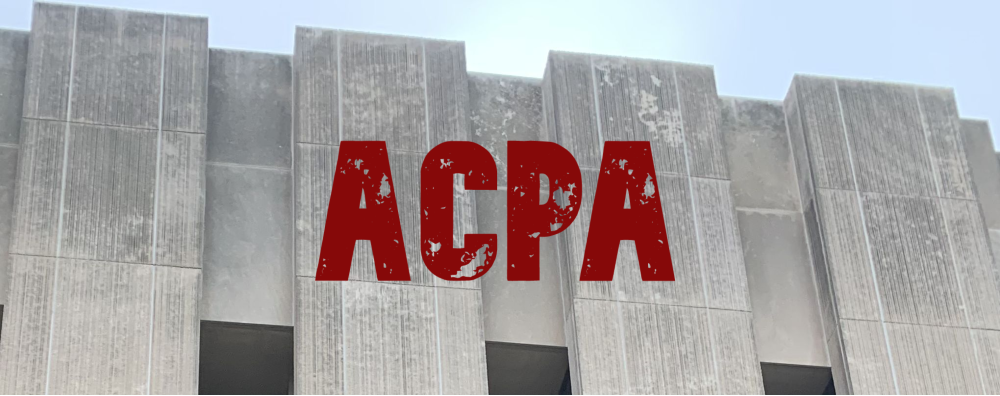Plaintiff sued defendant (who was an unhappy customer of plaintiff) under the Lanham Act (for trademark infringement) and for defamation. Defendant had registered a domain name using plaintiff’s company name and had set up a website that, among other things, he used to impersonate plaintiff’s employees and provide information about employees’ family members, some of whom were minors.
Plaintiff moved for a temporary restraining order and the court granted the motion.
The Website
The website was structured and designed in a way that made it appear as though it was affiliated with plaintiff. For example, it included a copyright notice identifying plaintiff as the owner. It also included allegedly false statements about plaintiff. For example, it included the following quotation, which was attributed to plaintiff’s CEO:
Well of course we engage in bad faith tactics like delaying and denying our policy holders [sic] valid claims. How do you think me [sic], my key executive officers, and my board members stay so damn rich. [sic]
The court found that plaintiff had shown a likelihood of success on the merits of its claims.
Lanham Act Claim
It found that defendant used plaintiff’s marks for the purpose of confusing the public by creating a website that looked as though it was a part of plaintiff’s business operations. This was evidenced by, for example, the inclusion of a copyright notice on the website.
Defamation
On the defamation claim, the court found that the nature of the statements about plaintiff, plaintiff’s assertion that they were false, and the allegation that the statements were posted on the internet sufficed to satisfy the first two elements of a defamation claim, namely, that they were false and defamatory statements pertaining to the plaintiff and were unprivileged publications to a third party. The allegations in the complaint were also sufficient to indicate that defendant “negligently disregarded the falsity of the statements.”
Furthermore, the statements on the website concerned the way that plaintiff processed its insurance claims, which related to the business of the company and the profession of plaintiff’s employees who handled the processing of claims. Therefore, the final element was also satisfied.
First Amendment Limitations
The court’s limitation in the TRO is interesting to note. To the extent that plaintiff sought injunctive relief directed at defendant’s speech encouraging others to contact the company and its employees with complaints about the business, whether at the workplace or at home, or at public “ad hominem” comments, the court would not grant the emergency relief that was sought.
The court also would not prohibit defendant from publishing allegations that plaintiff had engaged in fraudulent or improper business practices, or from publishing the personally identifying information of plaintiff’s employees, officers, agents, and directors. Plaintiff’s submission failed to demonstrate to the court’s satisfaction how such injunctive relief would not unlawfully impair defendant’s First Amendment rights.
The did, however, enjoin defendant from encouraging others to contact the children and other family members of employees about plaintiff’s business practices because contact of that nature had the potential to cause irreparable emotional harm to those family members, who have no employment or professional relationship with defendant.
Symetra Life Ins. Co. v. Emerson, 2018 WL 6338723(D. Maine, Dec. 4, 2018)


